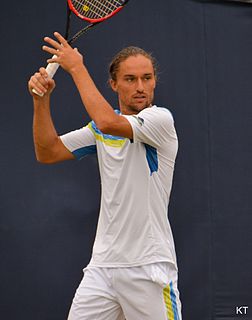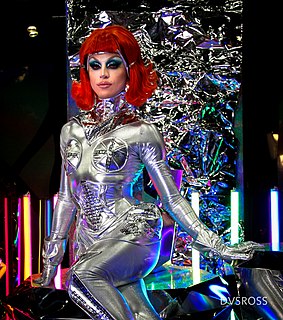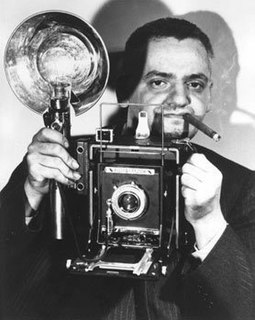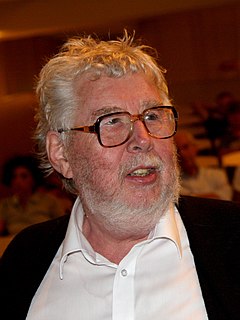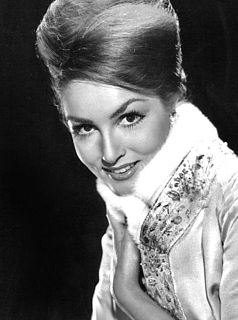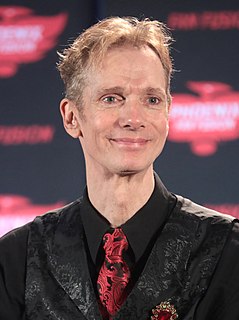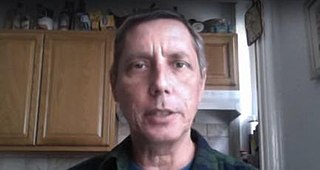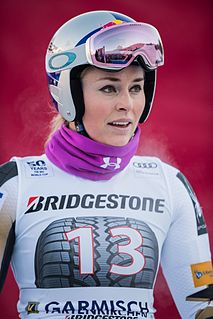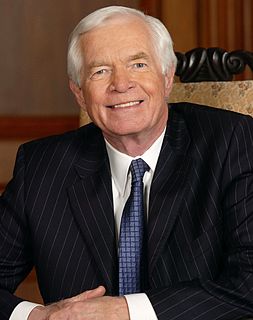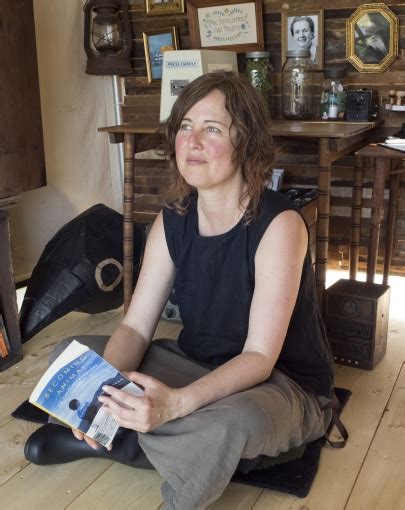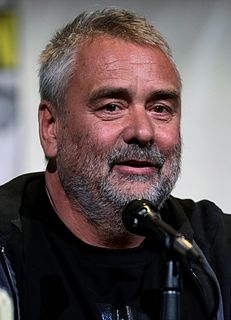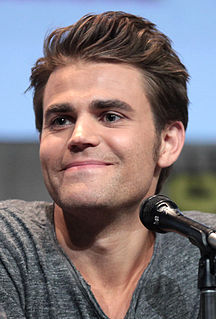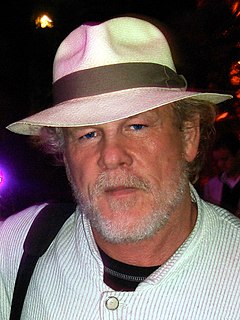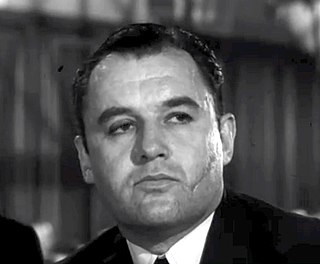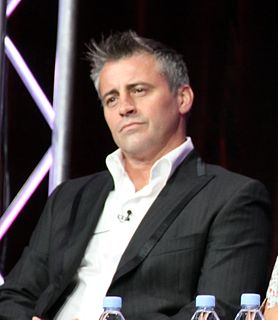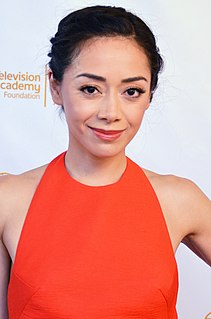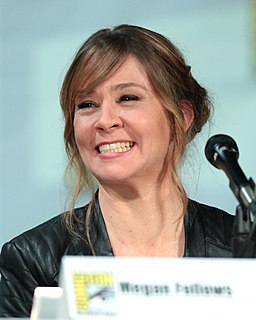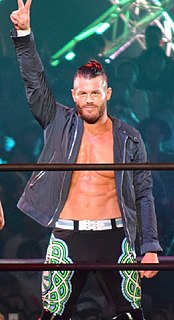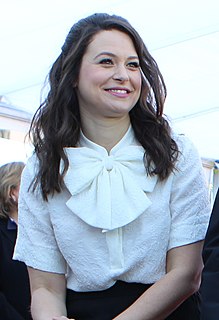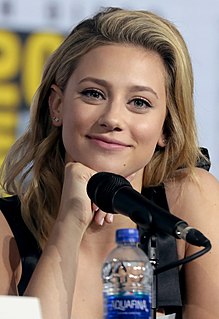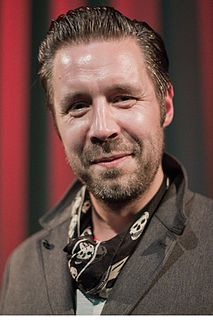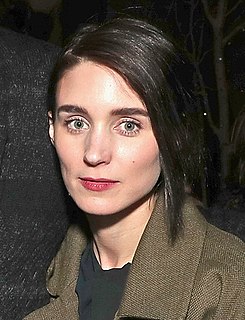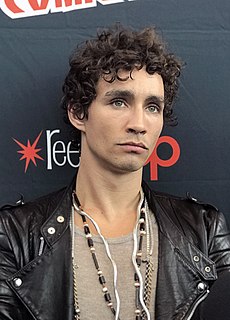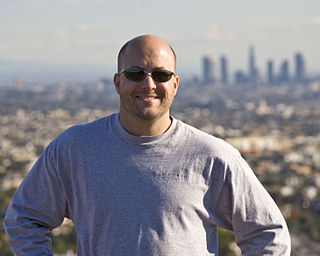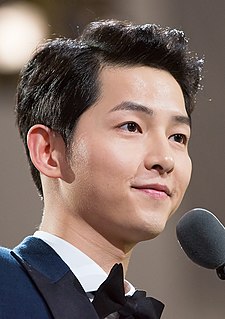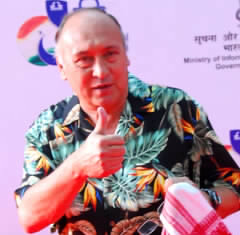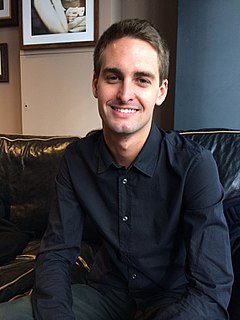Top 1200 Camera Angles Quotes & Sayings - Page 6
Explore popular Camera Angles quotes.
Last updated on April 21, 2025.
I love to just listen and watch. I could happily watch a security camera at a store. Often during a day I'll see a guy selling pretzels or an argument that somebody's having on a stoop and I'll think, "Oh I wish I had my camera, I wish I could capture this moment." There's something about people being people and interacting that can be so beautiful when it's framed by a camera. That desire to capture people as they are, and the stubbornness to keep going when they don't necessarily want you to capture them being who they are, are key.
Of course, the camera is a far more objective and trustworthy witness than a human being. We know that a Brueghel or Goya or James Ensor can have visions or hallucinations, but it is generally admitted that a camera can photograph only what is actually there, standing in the real world before its lens.
Latinos are the fastest growing minority, and we're obviously not going anywhere. We're extremely loyal as a people, and I think Hollywood is starting to recognize that. It's very rare for a major studio to nationally distribute a film with Latino talent, not only in front of the camera, but also behind the camera.
There is nothing worse than when actors come to a set - and it happens a lot with big stars - and they are too aware of where the camera is. They are the show. And that becomes apparent and it affects the production. I am like 'You should not know where the camera is - you should act, and I will do the rest.'
As a director, what matters is how you penetrate the soul of the person in front of the camera and let the actor blur the boundaries between the character and the person themselves. In order to achieve that, I try to make people feel at ease, to be mindless of problems and be skinless and give everything to the camera.
